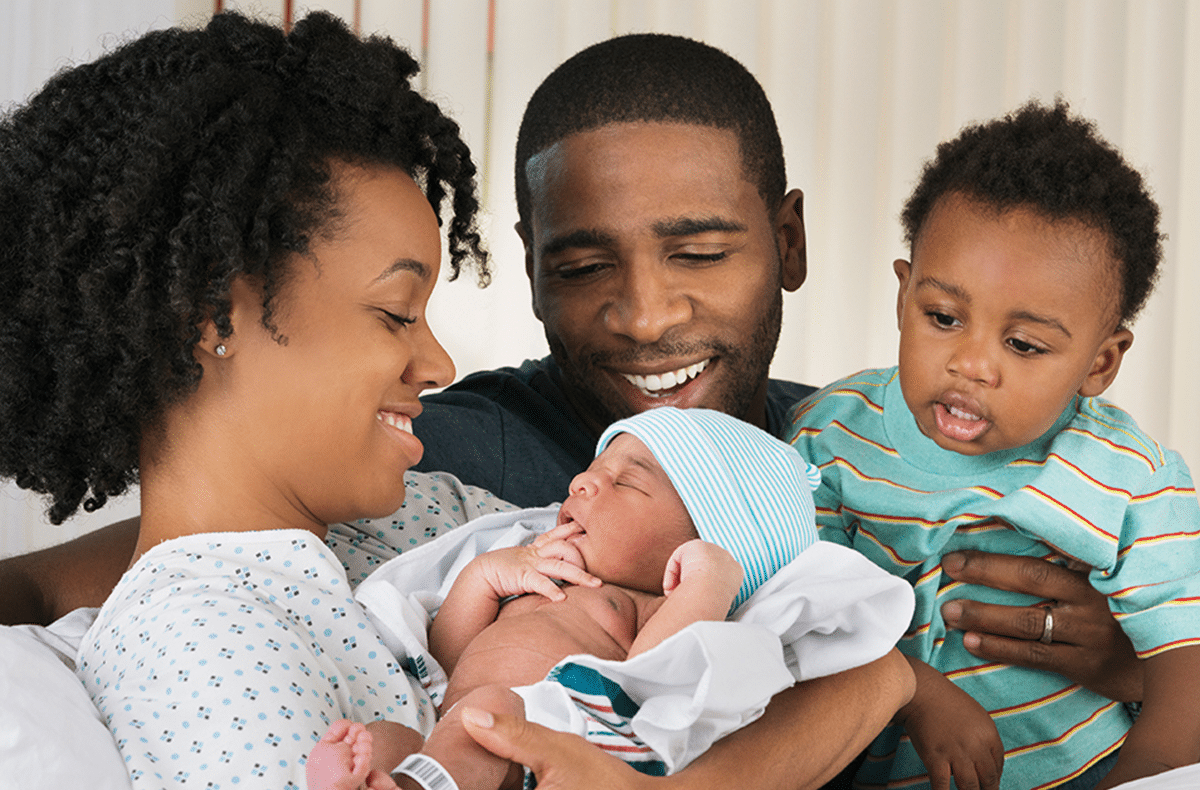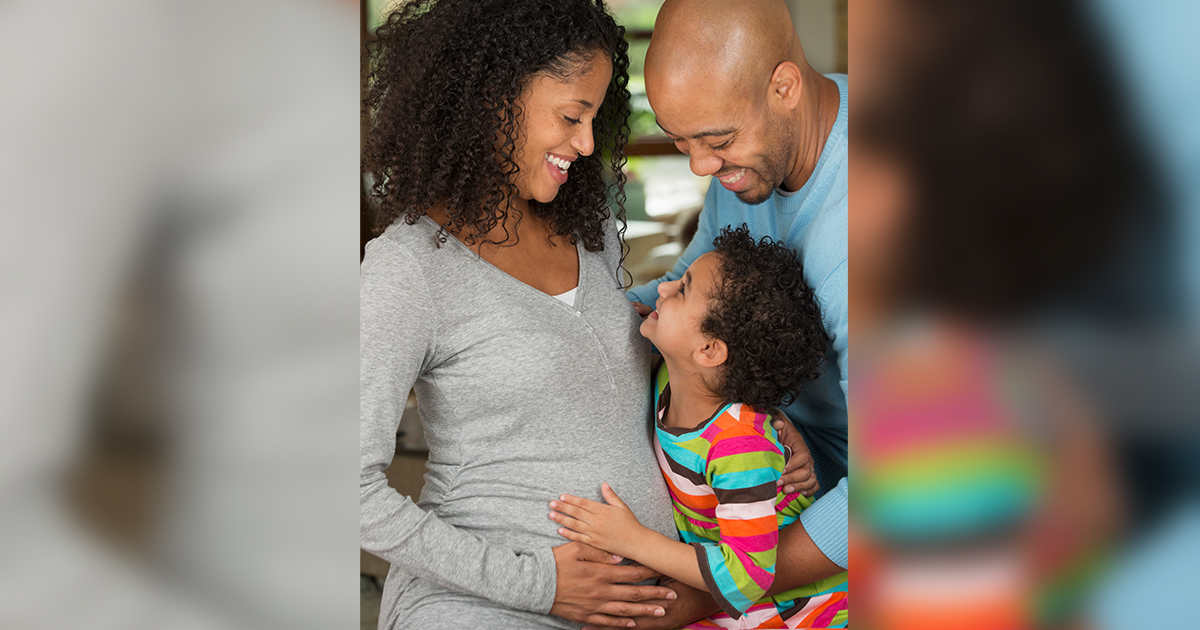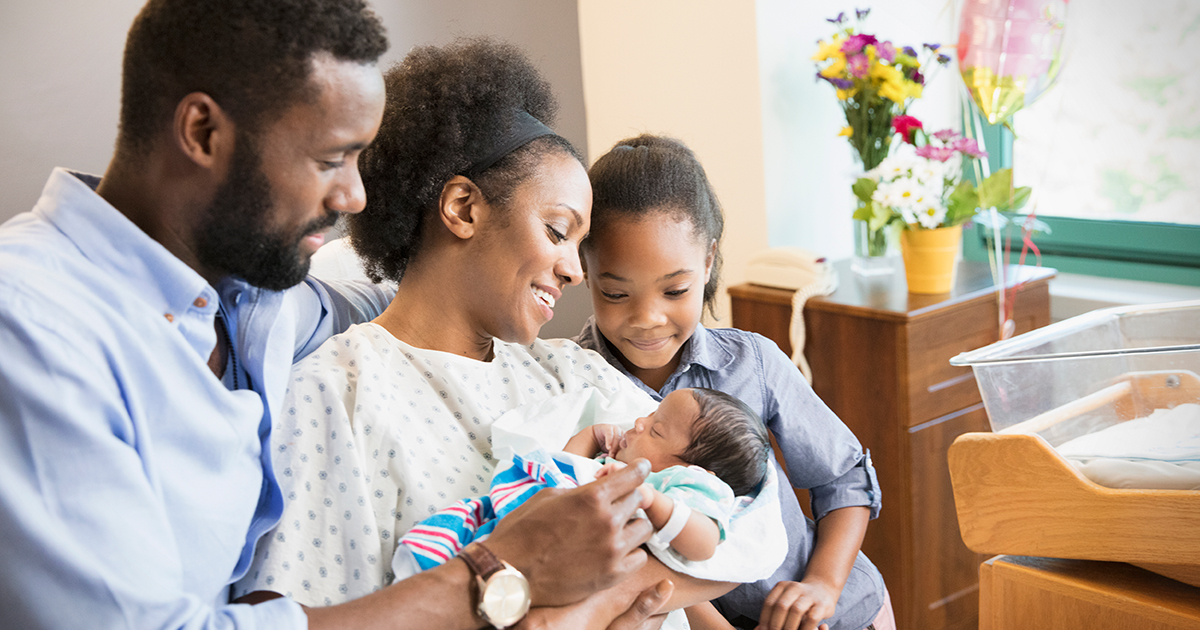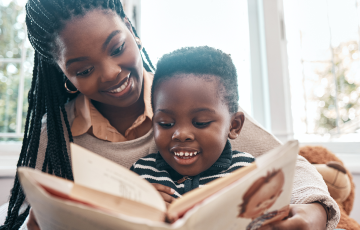How to prepare your child for a new sibling

In all the excitement of a new pregnancy, parents might not notice that their older child may feel anxious and even resentful about welcoming a new member to the family. Here’s how to prepare them for becoming the older sibling.
The talks
Experts agree it’s best to tell your child about a pregnancy as soon as the bump begins to show. But if you’re having morning sickness or a young kid who can’t jump on you like before, consider talking about it even sooner.
Give children as much time as possible to ask all their questions and keep the answers simple and right for their age. Toddlers, for instance, don’t understand time much, so relate the baby’s birth to a familiar event such as someone’s birthday.
Let the questions be your guide. A four-year-old might ask where babies come from. This probably means literally. Saying the baby is in the uterus in mum’s belly might be enough. A child who wants to know more will ask.
Make it exciting
Talk about the great things a baby will bring to the family. Read stories about babies. Show your child pictures of their baby time. Let your child touch the baby bump to feel the baby moving.
Let them see what it’s like
If you have friends with babies, spend some time with them. Your child will see that babies are very sleepy and need a lot of care. Let your child know that the baby is a little person with their own needs.
Talk about doctors
Your young child may think you’re sick if you have to go for regular check-ups and, eventually, the hospital. Explain that it’s just to make sure baby is doing well. If possible, they could even go with for the ultrasound, for instance.
Set aside special time
Help your child feel secure by starting a new ritual with each parent. It could be a few minutes of reading or playing at a fixed time. Continue with this after the baby has arrived.
Focus on the sibling role
Make your child feel an important part of the new adventure by telling them what a great brother or sister they will be and how the family will need their help. Involve them in preparing for the baby. It will help them to feel part of the change and growth in the family.
Time the changes
If you plan to make any room shifts for the baby, do it a few weeks before your due date. If your child is approaching a milestone such as moving to a big bed, make those changes well before your due date or put them off until the baby has been home for a while.
The first days
It’s not unusual for siblings to start acting younger and looking for attention. Your toilet-trained child might have accidents or want a bottle. School-aged children might not understand why one child is being treated differently. Don’t get angry, rather be sympathetic. It’s the child’s way of showing they’re anxious about their changing role in the family. Pile on the hugs and kisses and heap on the praise when they behave all grown up.
Make sure you and your partner spend special time with the older child, away from the baby. Remind relatives and friends that the child might want to talk about something other than the baby. If someone wants to help, suggest a fun activity with the older child. It can be something simple like a walk in the park, but it will make a big difference.
Related articles

Latest Jet club magazine
We’ve got the latest trends, exciting prizes and exclusive savings just for you!
Jet Club will not pass your details to anyone else. By clicking the subscribe button you confirm you have read and agree to the Jet Club Terms and conditions and Jet Club Privacy Statement.
Subscribe



